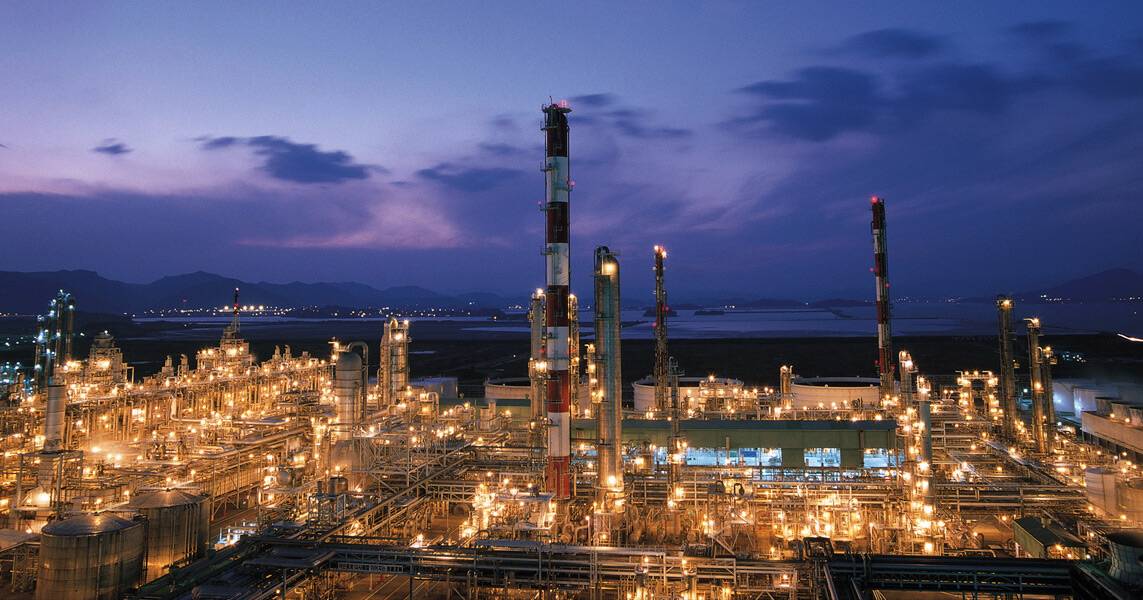Dec . 17, 2024 13:22 Back to list
pvc irrigation pipe
The Advantages of PVC Irrigation Pipes in Modern Agriculture
In recent years, agriculture has seen a dramatic shift toward more efficient and sustainable practices. One of the key components facilitating this transformation is the adoption of advanced irrigation systems. Among various materials used for irrigation pipes, PVC (Polyvinyl Chloride) has emerged as a popular choice due to its numerous advantages. As farmers strive for increased productivity and sustainability, understanding the benefits of PVC irrigation pipes becomes essential.
Durability and Longevity
PVC irrigation pipes are renowned for their durability. They can withstand harsh environmental conditions, including extreme temperatures and high-pressure water flow. Unlike traditional materials such as metal or clay, PVC does not corrode or rust over time, ensuring a longer lifespan. This resilience reduces the need for frequent replacements, ultimately saving farmers both time and money in the long run.
Lightweight and Easy to Handle
The lightweight nature of PVC makes it incredibly easy to install and transport. Unlike heavier materials, which can require specialized equipment for handling, PVC pipes can be easily managed by a small team. This ease of handling can significantly reduce labor costs and expedite installation processes, allowing farmers to implement effective irrigation systems quickly and efficiently. Additionally, the flexibility of PVC allows it to be easily molded to fit various landscapes, making it suitable for diverse agricultural environments.
Cost-Effectiveness
When it comes to cost, PVC irrigation pipes offer an economical alternative. The initial investment for PVC piping is often lower than that of other materials, making it accessible for small-scale farmers and large agribusinesses alike. Furthermore, the longevity and reduced maintenance costs associated with PVC pipes contribute to overall savings. Farmers are increasingly recognizing that the financial benefits of PVC irrigation systems can enhance their bottom line while promoting sustainable agricultural practices.
pvc irrigation pipe

Resistance to Chemicals
Agricultural activities often involve the use of fertilizers, pesticides, and herbicides, which can be detrimental to irrigation infrastructure made from certain materials. PVC pipes, however, are resistant to many such chemicals. This resistance ensures that farmers can use their preferred agricultural inputs without fear of damaging their irrigation systems. As a result, PVC irrigation pipes have become a favored choice in various farming operations, from vegetable and fruit cultivation to large-scale monoculture farming.
Environmental Benefits
In an era increasingly focused on sustainability, PVC irrigation pipes also present environmental advantages. Their longevity means less plastic waste in the environment, as fewer pipes are discarded over time. Furthermore, effective irrigation systems can significantly reduce water wastage, helping to conserve this precious resource. As agriculture grapples with the challenges posed by climate change and water scarcity, adopting efficient irrigation solutions like PVC piping is crucial.
Enhanced Water Management
Efficient water management is vital in modern agriculture, and PVC irrigation systems can facilitate this effectively. With options for both drip and sprinkler irrigation, PVC piping allows for targeted water application, minimizing runoff and evaporation. This precision in water delivery not only supports plant health but also promotes responsible water use, aligning with the global mission toward sustainable farming.
Conclusion
In conclusion, PVC irrigation pipes represent a significant innovation in modern agriculture. Their durability, lightweight design, cost-effectiveness, chemical resistance, and environmental benefits make them an ideal choice for farmers seeking to enhance productivity while promoting sustainability. As the agricultural landscape continues to evolve, the role of PVC irrigation pipes will be paramount in driving efficient water management practices, ultimately contributing to a more sustainable future for food production. Farmers, investors, and agronomists alike should consider the manifold benefits of PVC piping as they look to optimize agricultural practices in an ever-changing environment.
-
HDPE Natural Sheet: Durable, Food-Grade & Versatile Plastic Solutions
NewsAug.27,2025
-
Durable Glossy PVC Rigid Sheet | Premium High-Shine Panels
NewsAug.26,2025
-
Durable PP Rigid Sheet: Lightweight, Chemical Resistant Solutions
NewsAug.21,2025
-
PVC Grey Sheet for Extraction: Chemical Resistant & Durable
NewsAug.19,2025
-
Durable PVC Pipe Fittings for Plumbing & Irrigation Needs
NewsAug.18,2025
-
HDPE Steel Belt Reinforced Spiral Corrugated Pipe | High Strength
NewsAug.17,2025

